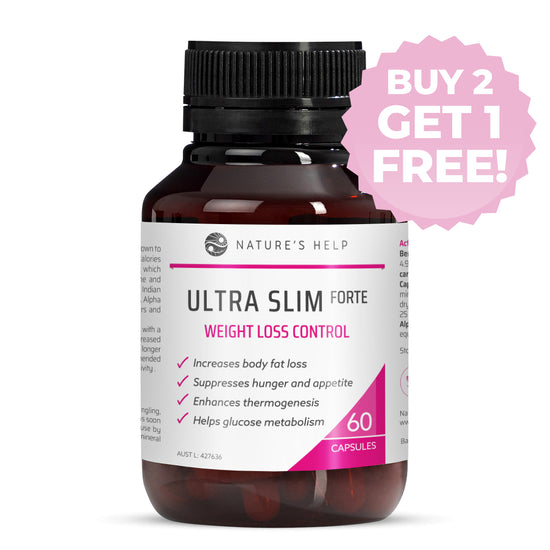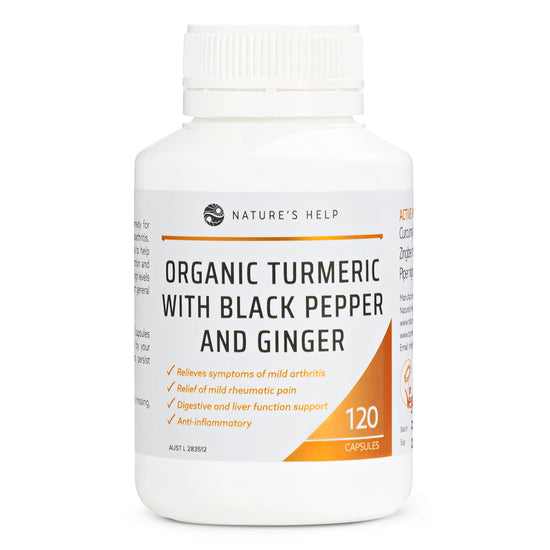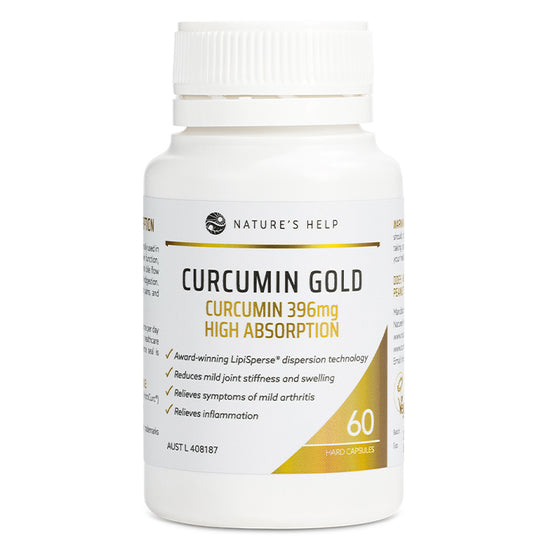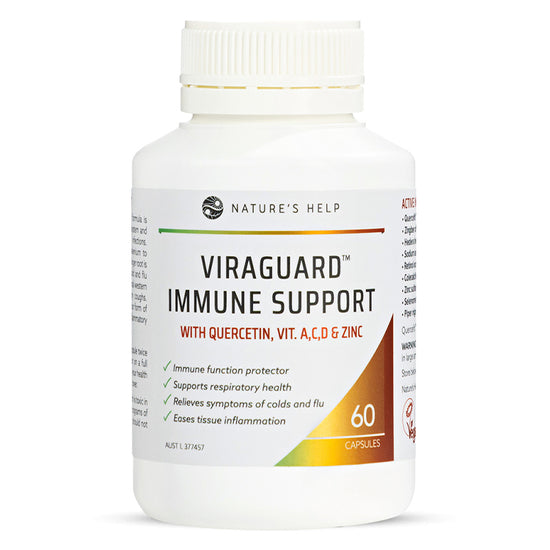The inflammation theory of disease postulates that chronic inflammation causes and advances many common diseases. If that is indeed the case, it makes sense that if we reduce inflammation, we can also reduce the growing number of common diseases. To do that we need to understand the causative factors that trigger inflammation and its systemic impact on the body.
Research is showing that inflammation is the key driver of up to 95% of all disease processes and that our lifestyle can have a major impact on the way inflammation presents itself in our bodies. Most people are unaware or unable to make the connection between what they consume, absorb or experience and how that influences their state of health and well-being.
The industrial revolution brought with it convenience food and the explosion of fast-food outlets that now occupy almost every neighbourhood. Moving away from homegrown food and home-cooked meals has expanded the waistlines of people of all ages. Just that alone has increased the prevalence of Type 2 Diabetes and Obesity, commonly known as Diabesity. These lifestyle diseases also place a strain on our heart, joints, and mental health as well as the socio-economic disadvantages associated with these chronic conditions. Education about the importance of a healthy diet consisting of more fruits and vegetables and less packaged takeaway food is key to reducing this bulging epidemic.
There is a difference between acute and chronic inflammation and most people probably don’t understand that something as simple as a headache can be an acute inflammatory event. Treatment for this kind of inflammation usually involves the administration of aspirin or Panadol which provides relief of pain and discomfort. Other acute inflammatory conditions include the common cold, the flu, bronchitis, hives, allergic responses and skin rashes. People are most familiar with these because symptoms include redness, warmth, swelling and pain which usually requires short-term treatment.
In contrast, chronic inflammation can last weeks or months or even indefinitely if not treated, causing tissue damage and more severe symptomatology. Conditions like heart disease, arthritis, diabetes, cancer and bowel diseases like Crohn’s and ulcerative colitis are considered chronic inflammatory diseases. There are also autoimmune conditions, where your body’s immune system turns on itself and leads to chronic inflammation. They include fatty liver disease, endometriosis, asthma, rheumatoid arthritis and coeliac disease. The extent and duration of chronic inflammation vary with the body’s ability to repair and overcome cellular damage.
Environmentally we are challenged every day with pathogens, pollution, bacteria and viruses. The state of our body’s terrain (inner health) will determine the impact these invaders will have. If for example, a virus has the opportunity to replicate in our body, our natural defense mechanisms will mount a response to the foreign matter and produce a cytokine storm. This is a release of targeted immune cells in the blood to respond to a potentially life-threatening event. Cytokines play an important role in normal immune responses but having a large amount released in the body all at once can be harmful.
Early treatment will always be the best way to deal with a cytokine storm. Targeted therapies are designed to reduce the inflammatory response in the body and help the body’s natural immune processes douse the flames of inflammation to a manageable level. The emergence of Covid 19 has posed a challenge for many health professionals because of its indiscriminate nature. Most people will experience mild cold or flu-like symptoms where others may experience severe inflammatory reactions which require immediate attention and in some cases hospitalisation.
Early research has shown that people with underlying health conditions including those with autoimmune conditions and the obese are at greater risk of developing more severe symptoms from Covid.
There has never been a more important time to address your health, have a check-up with your GP, get a blood test, review your medications, improve your diet, exercise and generally get your house in order. The healthier you are, the less of an impact Covid should have.
Some people are experiencing inflammatory symptoms to the vaccines also, presenting with redness and soreness around the injection site, fatigue, headaches, general aches and pains. This is also considered an inflammatory response and its severity can also be indiscriminate. The best form of defense to severe reactions is to prepare your body as best you can beforehand and have a plan to support your health with quality anti-inflammatory supplements for a good month following vaccination.
Supplements are important because they can give you concentrated quantities of specific nutrients that may not be enough in the foods you consume on a daily basis. Of course, eating a whole food diet packed with fruits, vegetables, essential fats, nuts, seeds, and quality protein will give your body a natural source of vitamins, minerals, phytonutrients, enzymes, micro and macronutrients that it needs to function at its best. Recommended supplements to boost your body’s immune defenses include Vitamins A, C, D and Zinc. Turmeric is a well-documented anti-inflammatory, as well as Quercetin, and amino acids like NAC (N-acetyl cysteine) and Glutathione, the master antioxidant that helps with mental clarity, energy and cellular repair.
Living with inflammation can greatly impact your ability to move freely without pain or discomfort. The sooner you address the underlying cause or identify the triggers that can create an unwelcome cytokine storm, the sooner you will begin to hopefully reverse the damage and heal. Our bodies have the magnificent ability to repair when given the right environment, so a little commitment now can be the difference between living with chronic inflammation or thriving with optimal health.










